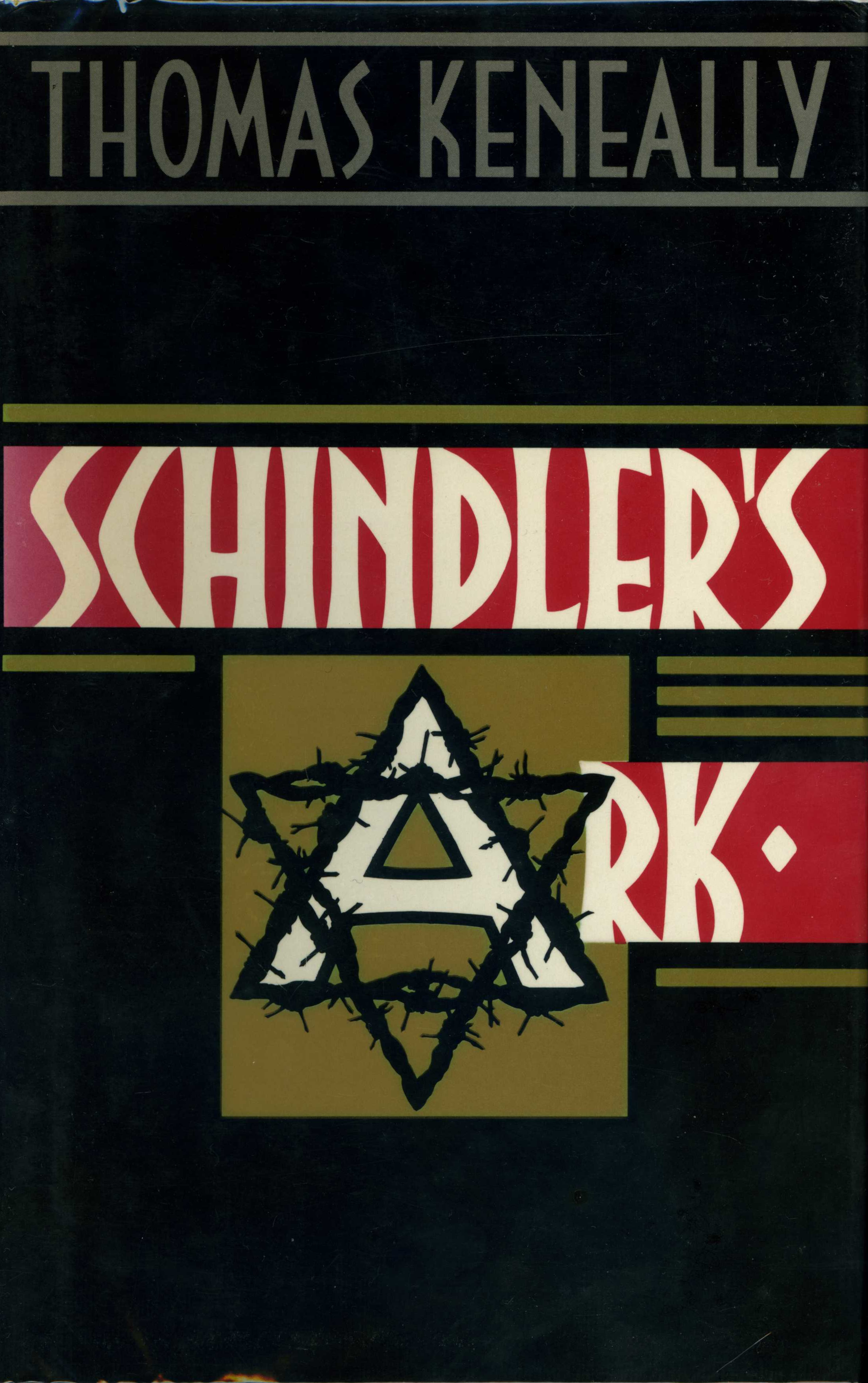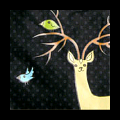Thomas Keneally, three times shortlisted for the Booker Prize, turns from the American Civil War of his previous novel, Confederates, to an epic story of the Second World War. Drawing on his own extensive researches, Keneally takes us back into Nazi-occupied Poland, from where an extraordinary tale emerges — of an extraordinary man's mission to save the Jewish people.
On the face of it, lusty, worldly Oskar Schindler was a most unlikely missionary. He had moved to Cracow in the wake of the Nazi occupation of Poland to profit from the rich pickings to be had by the bold and by the Aryan. A big man in every sense, with an appetite to match, for success, for women and for drink, Schindler, a Sudeten German, thrived. He rapidly established himself as a powerful Cracow figure, . head of a major industrial concern moulded from the ruins of threatened Jewish-run businesses, a dabbler in the black market — partly to keep himself and his mistresses in the manner to which they were accustomed, partly for the hell of it — and a man with influential connections extending far outside Cracow. Schindler was a man who knew how to play his cards.
Yet this was the man whose deeds by the end of the war were to have earned him a place on Mount Zion as one of the honoured dead of the Israeli nation. On the Avenue of Righteous People a tree bears his name. Schindler was to become a champion of the oppressed, the protector of the Jews, at a time when prudent people thanked their lucky stars for their birthright and kept their eyes averted.
Always a man of extravagant gestures, Schindler was to achieve a series of fantastic feats in his championing of 'his Jews', in fact of any Jew fortunate enough to come under his protection. What began as an instinctive distaste for the bully and the pervert was to develop into an increasingly fervent campaign as the anti-Jewish measures of the Nazis escalated. Schindler succeeded in walking a tightrope between Nazi officials and Jewish contacts — a tightrope which involved him in playing cards for the life of a Jewish girl with the local concentration camp commandant, laying out a personal fortune in bribes, and eventually led him to the gates of Auschwitz to extract his chosen people from under the yes of the infamous Mengele . . .
SCHINDLER'S ARK tells of the exceptional people that he attracted to himself, of the band of courageous women with whom he was involved — and of the nobility and sagacity of individuals whom he came to know among the Jewish people. But, above all, it exposes the strange quirk of fate, or of human character, which could produce in Schindler a mission to save and yet in others, often very similar in temperament, and equally far from saintly, a mission to exterminate.

